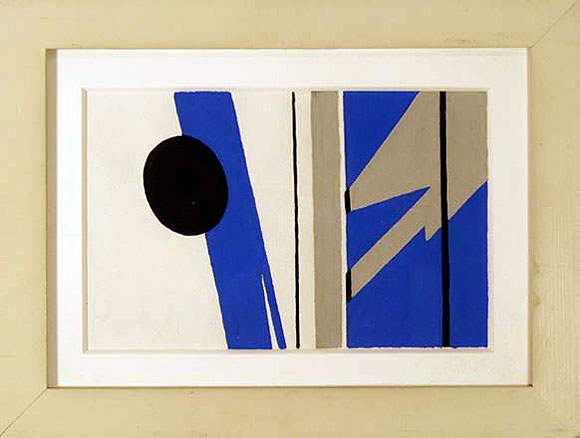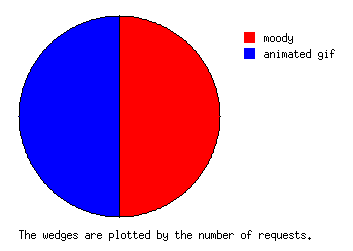View current page
...more recent posts
jimpunk: "Buckyball Bob" [179 KB Quicktime .mov] (1.5 second loop)
originally here as a downloadable .m4v for those little white players that people have.
(the buckyball is by me.)
An excerpt from More Brilliant than the Sun, a 1998 book on music by Kodwo Eshun, was posted on this blog six years ago in March. Here it is again, and it will be reposted yet again in 2013, that's how much I like it:
There are no drum-machines, only rhythm synthesizers programming new intensities from white noise, frequencies, waveforms, altering sampled drum sounds into unrecognizable pitches. The drum-machine has never sounded like drums because it isn't percussion: it's electronic current, synthetic percussion, syncussion. The sampler is at first termed an "emulator," as if it does nothing but imitate existing sounds. Calling the rhythm synthesizer a drum-machine is yet one more example of [r]earview hearing. Every time decelerated media writes about snares, hihats, kickdrums, it faithfully hears backwards. Electro [music] ignores this vain hope of emulating drums, and instead programs rhythms from electricity, rhythmatic intensities which are unrecognizable as drums. There are no snares--just waveforms being altered. There are no bass drums---just attack velocities.Somehow the passion and insight of this writing in response to music that was revolutionary ten, fifteen, twenty years ago, ought to be held onto in the face of overwhelming excess production--the microchip revolution that has probably resulted in more djs than listeners, as represented by the surfeit of grooveboxes in stores and on eBay. What if there were only a few of these left in the world? Someone would be hacking the chips for sure once the factory-intended "unlimited sonic possibilities" had run out. When writing music for machines like this--and it's a hoot, I recommend it, they're cheap used, kind of a latter day harmonica or skiffle pole--I sometimes envision a jaded, overworked "holy man" of a post-apocalyptic tribe that has somehow preserved one of these rarities (plus a generator, amp, and speakers). The tribe engineer is constantly tweaking it, and together they are responsible for keeping people amused and "up" at all events requiring shamanic jubilation such as weddings, funerals, and war rallies.
John McCain defends Bush's strategy. Contrary to media hype, John McCain is not a moderate Republican. He is a war hawk, and wants to kill American soldiers to prop up Bush's vanity and bad judgment.
more
"Clip City" [mp3 removed]
I have posted this tune several times--it's kind of my "learner."
This version I'm calling self-"mastered" because I used some compression and reverb plug-ins to give it a fuller sound. I finally took a minute to learn how to use Send effects in Cubase, so I could automate a "wet/dry" parameter on the Sidstation track. Doing so converted that track from mono to stereo (sort of) and added reverb that comes and goes while it's playing. Also, I now know to put the compression "limiter" setting at the Master gain so the sum of all three tracks never goes above -.2 db. D'oh. Each track (drums, Mutated drums, and Sid) has parametric compression that both compresses it and boosts EQ on the mid-level frequencies. [/music diary]

"Song 9 (Wipeout)" [mp3 removed]

image of work by Ralston Crawford, a lesser-known Precisionist

"Liberal hawks" say things that make the skin crawl. Steve Gilliard quoted this, from The New Republic:
Maybe these people are right that withdrawal is necessary, but I don't think we should underestimate the consequences of it. By consequences, I don't mean anything as concrete as the prospects of a possible Al Qaeda sanctuary in Anbar provence or the abandonment of thousands of Iraqis to certain death. I'm talking about something more nebulous: what are the consequences of America losing a war--which is, after all, what withdrawal will mean? What will it do to our position in the world? What will it do to the national psyche? And what will it do to the people who fought in that war? (Yes, they'll be out of harm's way, but they'll also be left to conclude that all their efforts--and their sacrifices--were in vain.)Translation: "It's our oil now."
Granted, these are all things Bush and supporters of the war should have thought more about before we invaded Iraq; but now that we're there--and we're all so sick of this war that many of us want to get out--we can't afford to ignore them again. The question about the surge [escalation --tm] to me is: are the consequences of defeat so dire that it's worth one final attempt to avoid it?
I don't know the answer to that. I'll watch Bush's speech tomorrow night; I'll listen to what Kennedy and Biden and any other Democrats have to say in response; and I'll try to come to a conclusion. Maybe that's not a position of "moral seriousness." But I can't help but thinking that it was certainty--on the part of supporters of the war--that got us into this mess. And I'd hate for such certainty--on the part of opponents of the war (some of whom were actually certain in their support of the war not that long ago)--to get us into another one.
--Jason Zengerle
